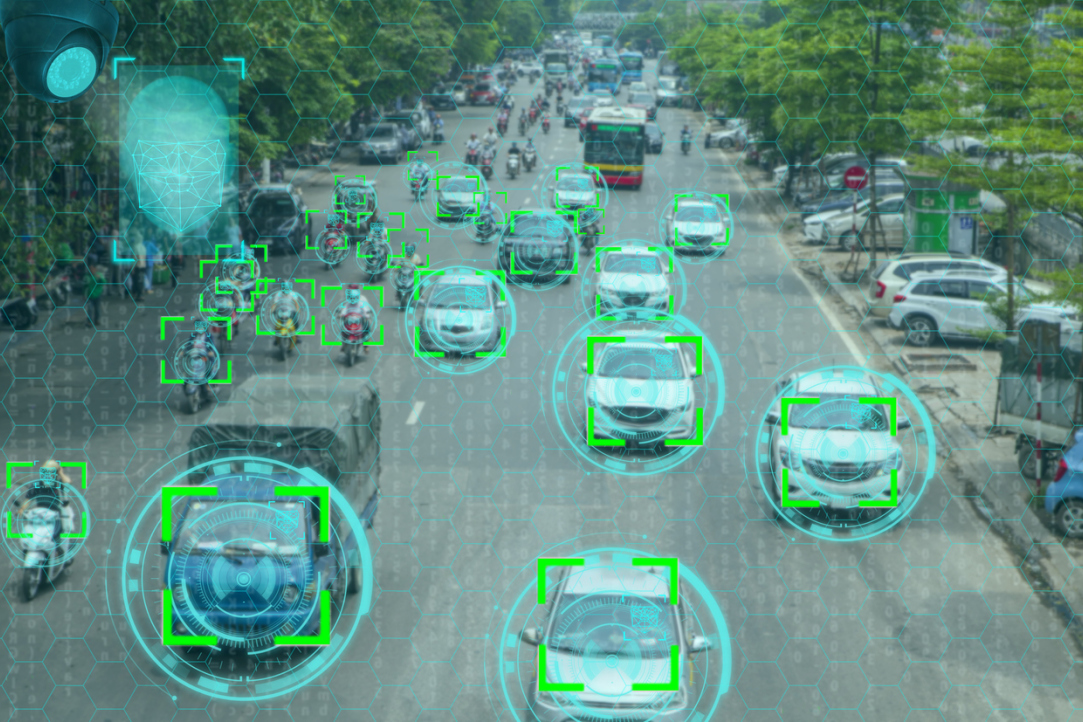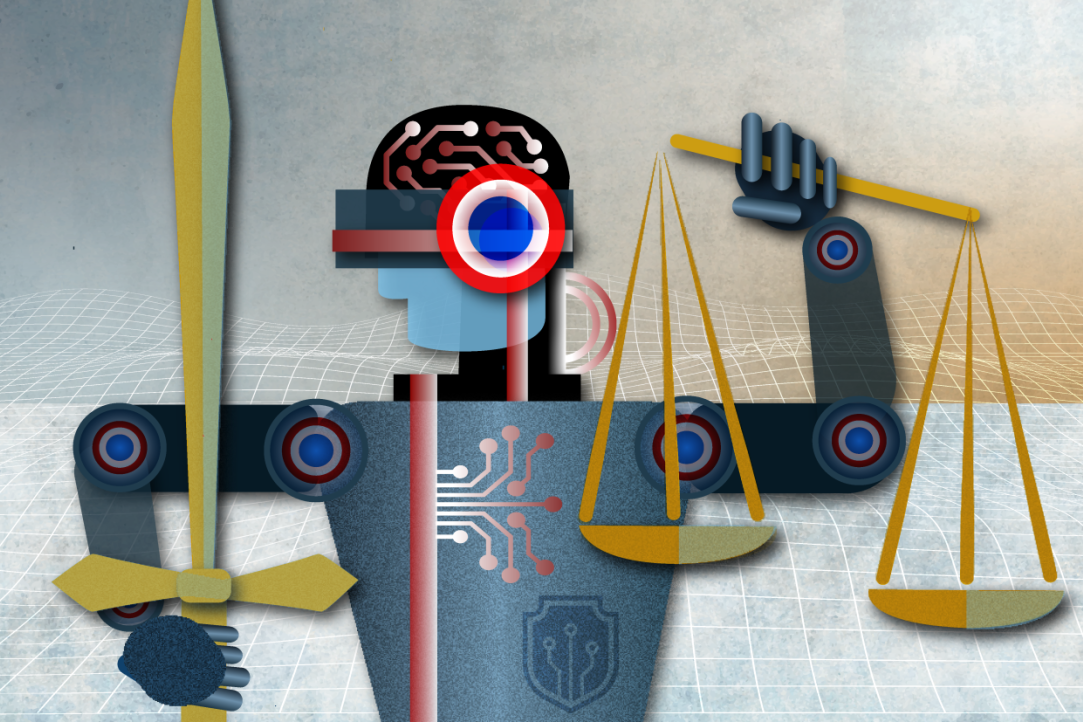
Russian Scientists Teach AI to Analyse Emotions of Participants at Online Events
HSE researchers have proposed a new neural network method for recognising emotions and people's engagement. The algorithms are based on the analysis of video images of faces and significantly outperform existing single models. The developed models are suitable for low-performance equipment, including mobile devices. The results can be implemented into video conferencing tools and online learning systems to analyse the engagement and emotions of participants. The results of the study were published in IEEE Transactions on Affective Computing.

AI Worse at Recognizing Images than Humans
Researchers from HSE University and Moscow Polytechnic University have discovered that AI models are unable to represent features of human vision due to a lack of tight coupling with the respective physiology, so they are worse at recognizing images. The results of the study were published in the Proceedings of the Seventh International Congress on Information and Communication Technology.

Scientists Doubt that DeepMind’s AI Is as Good for Fractional-Charge Systems as it Seems
In their paper published in Science in 2021, a DeepMind team showed how neural networks can be used to describe electron interactions in chemical systems more accurately than existing methods. A team of researchers from Skoltech, the Zelinsky Institute of Organic Chemistry, HSE University, Yandex, and Kyungpook National University show in their comment in Science that DeepMind AI’s ability to generalise the behaviour of such systems does not follow from the published results and requires revisiting, the Skoltech website says.

AI Helps Discover New Space Anomalies
The SNAD team, an international network of researchers including Matvey Kornilov, Associate Professor of the HSE University Faculty of Physics, has discovered 11 previously undetected space anomalies, seven of which are supernova candidates. The researchers analysed digital images of the Northern sky taken in 2018 using a k-D tree to detect anomalies through the ‘nearest neighbour’ method. Machine learning algorithms helped automate the search. The paper is published in New Astronomy.

'I Believe That at HSE University, You Can Grow Bigger'
Tharaa Ali, from Syria, got her Master’s in Moscow and is now a first-year PhD student in informatics and computer engineering at HSE University. Below, she talks about the use of AI in learning, winning scholarships, and doing research at HSE University.

From Covid-19 to Risk Appetite: How HSE University’s Supercomputer Helps Researchers
Whether researching how the human brain works, identifying the source of COVID-19, running complex calculations or testing scientific hypotheses, supercomputers can help us solve the most complex tasks. One of the most powerful supercomputers in the CIS is cHARISMa, which is now in its third year of operation at HSE University. Pavel Kostenetskiy, Head of the HSE University Supercomputer Modeling Unit, talks about how the supercomputer works and what kind of projects it works on.

From Drones to Diagnosing Dyslexia in Children: The Activities of the HSE AI Centre
The HSE Centre for Artificial Intelligence, together with its partners in industry, is working on 25 applied projects in the fields of telecommunications, finance, education, medicine, etc. The results of the work by researchers and developers were recently presented at a meeting of a Russian government working group. That meeting summed up the initial results of the federal Artificial Intelligence project, part of the national Digital Economy programme.

Helping the Homeless with AI Technology
A research team from the HSE University Artificial Intelligence Centre led by Ivan Yamshchikov has developed a model to predict the success of efforts to rehabilitate homeless people. The model can predict the effectiveness of the work of organisations for the homeless with about 80% accuracy. The project was presented at a conference dedicated to the activities of social centres.

HSE Neural Interface Technology to Be Introduced in Hospitals
The Federal Brain and Neural Technology Centre at the Federal Medical and Biological Agency is launching the Laboratory of Medical Neural Interfaces and Artificial Intelligence for Clinical Applications, which has been created by employees of HSE University. Read below to find out about the Laboratory and its objectives.

Justice 'Ex Machina': Using Artificial Intelligence to Fight Corruption
In Mexico, a pilot project applying artificial intelligence (AI) algorithms enabled the Tax Administration Service to detect 1200 tax-evading companies and 3500 fraudulent transactions within three months – a task that would have taken 18 months using conventional methods. Despite some obvious benefits, the use of AI-based solutions to counter corruption also entails several challenges, according to experts of the HSE Laboratory for Anti-Corruption Policy (LAP) and the HSE Faculty of Law who have examined the relevant experience of several countries. A report based on the study’s* findings was presented at the XXIII Yasin (April) International Academic Conference hosted by the Higher School of Economics.

